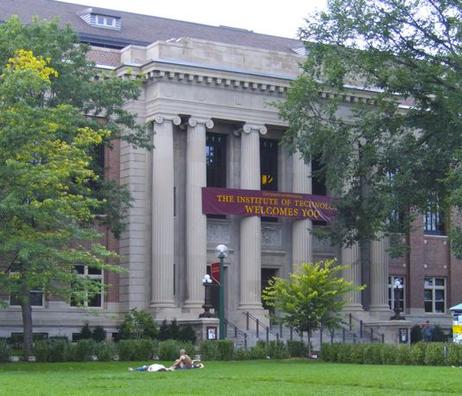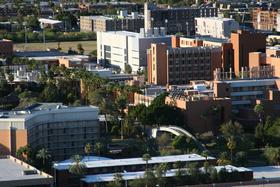The community college has come a long way since its humble beginnings, and now two-year programs have become an effective way for many to jumpstart a new career or advance their current job to the next level. Whether you are looking for a two-year degree program that gets you into the workforce faster or you are preparing for a four-year degree program with an eventual transfer to a university, community colleges have what you are looking for. However, before signing on with the closest community college, check out these tips to help you make the most of your two years at that institution.
Choosing a Degree Program
The plethora of two-year degree programs is one of the primary reasons more adult students are flocking to community colleges today. These schools offer a bevy of options, from general education degrees to career-specific training in everything from renewable energy to healthcare. However, the growing number of degree choices can also make it difficult for first-year community college students to settle on a program that will offer them both fulfillment and sufficient career openings. It is important to research degree programs carefully before choosing a major to ensure you find a program that will be both personally rewarding and financially lucrative.
According to data collected by the U.S. Bureau of Labor Statistics and reported by College Board, the top 10 degrees currently offered by community colleges in terms of job openings include:
- Registered nurses




























